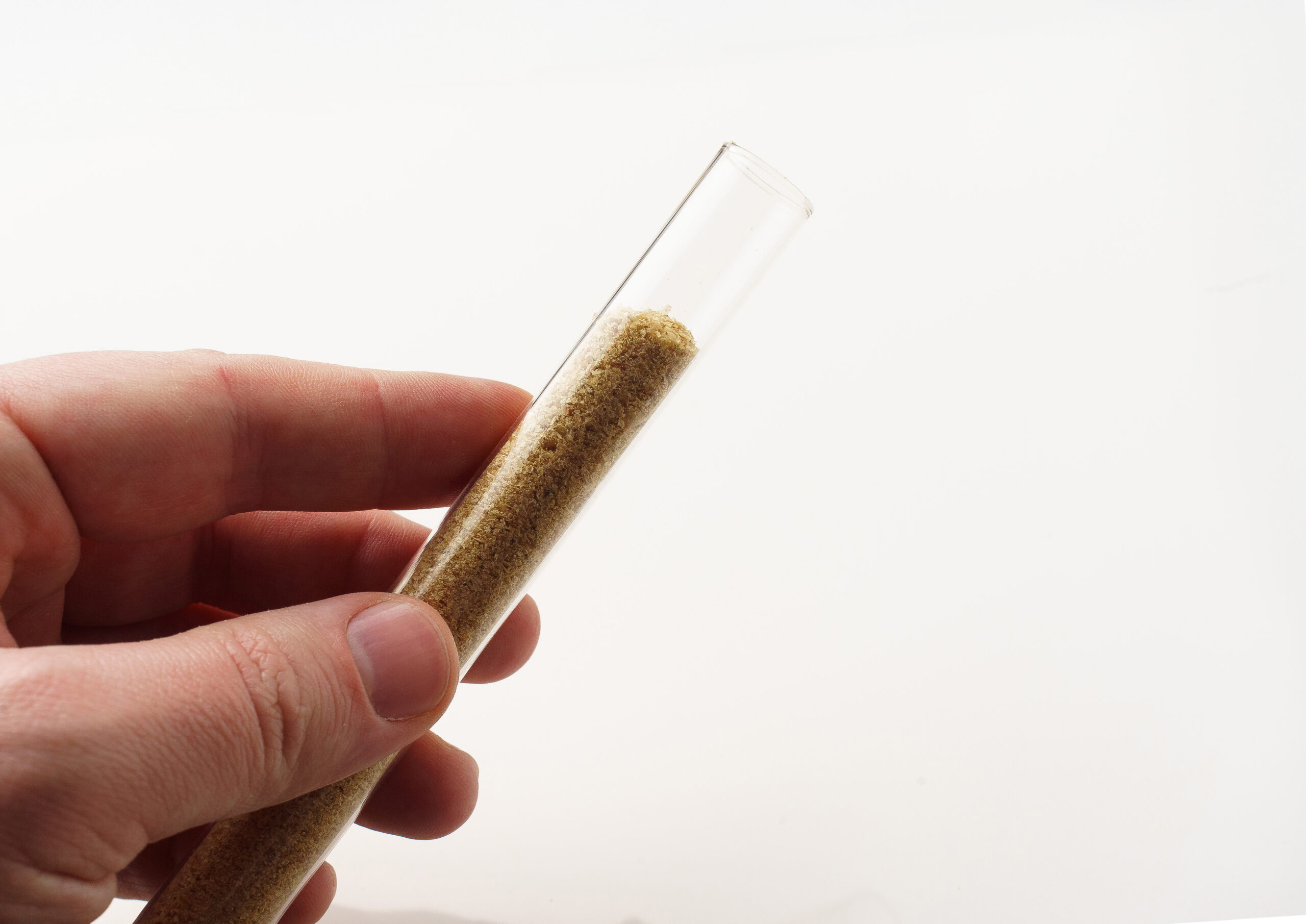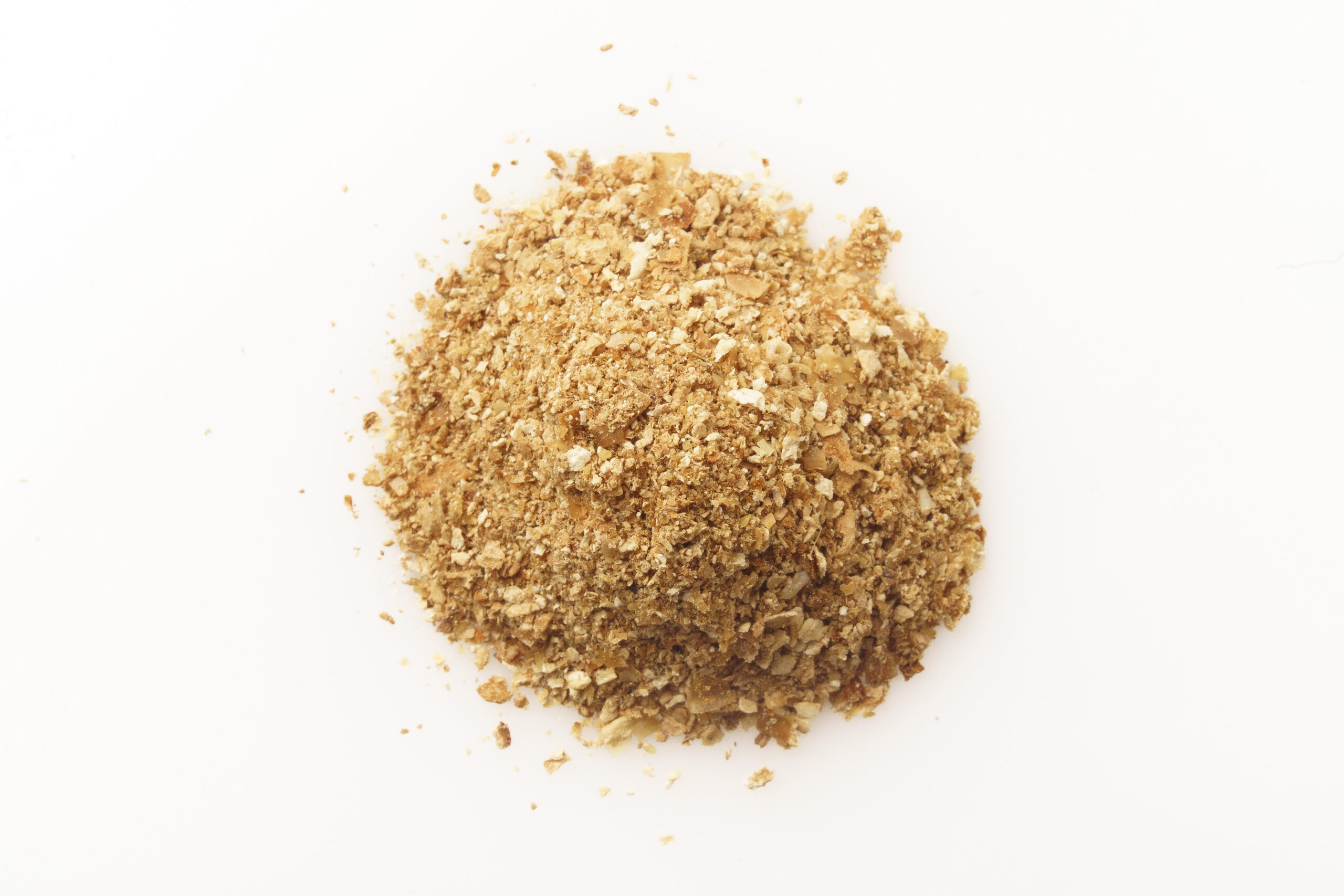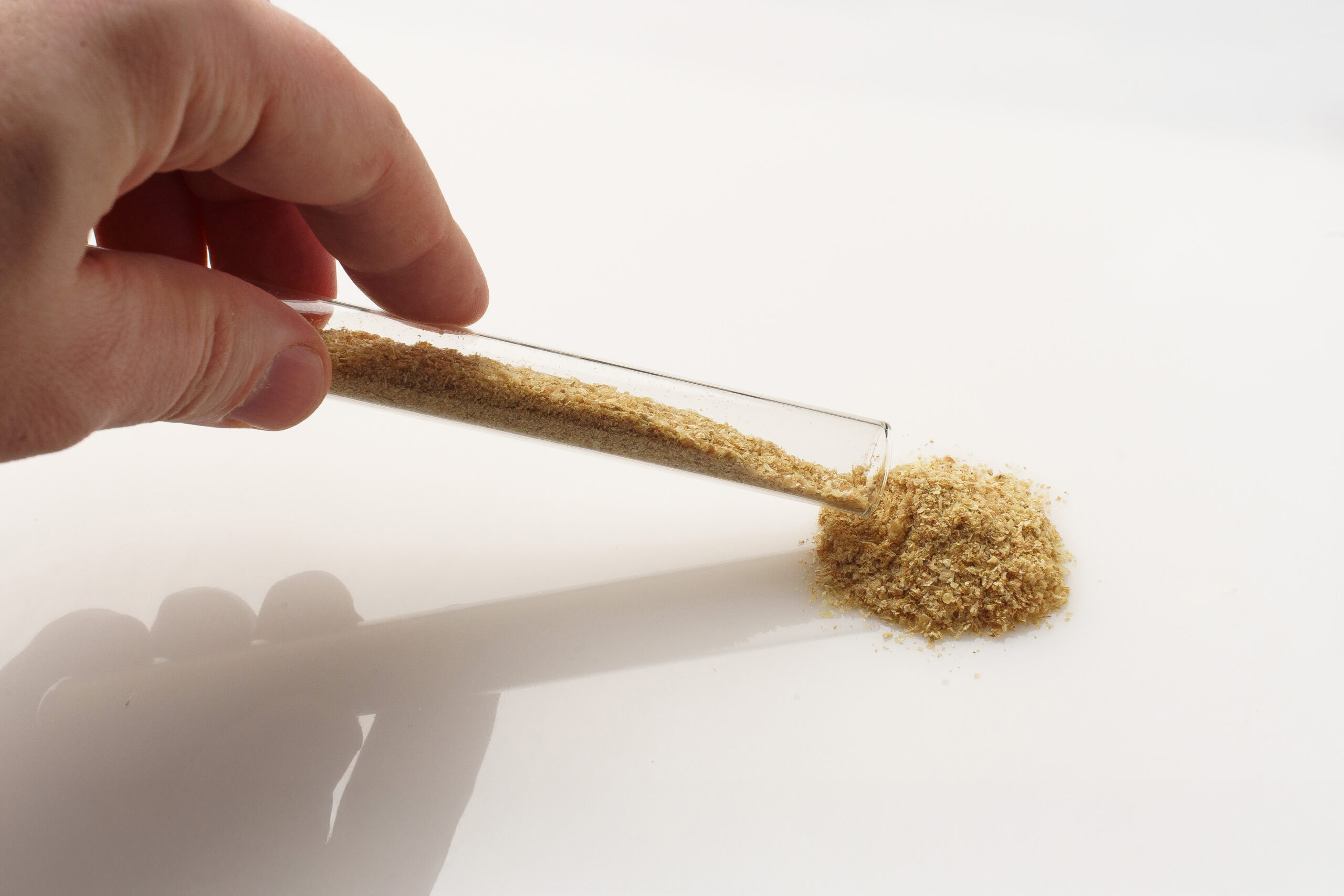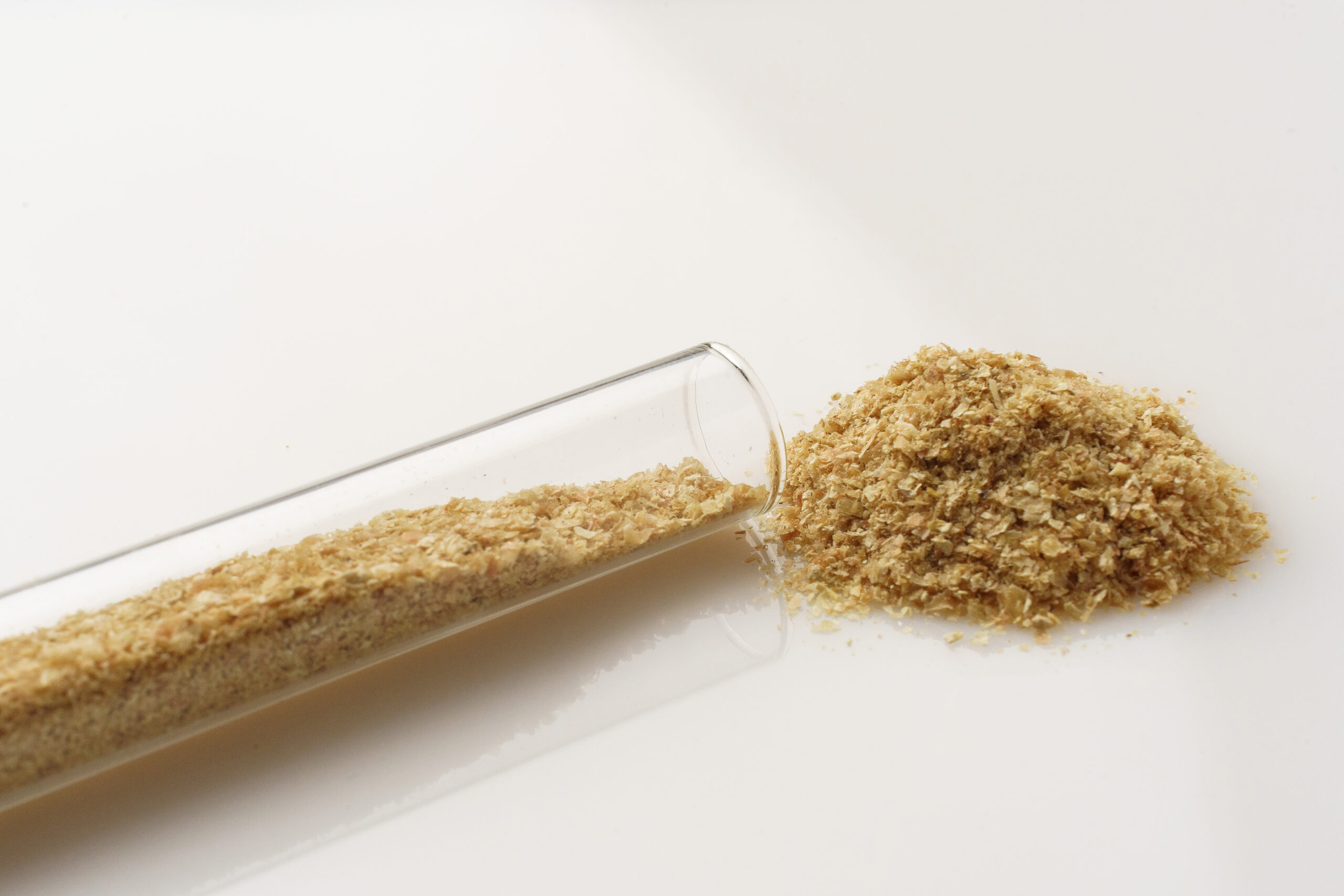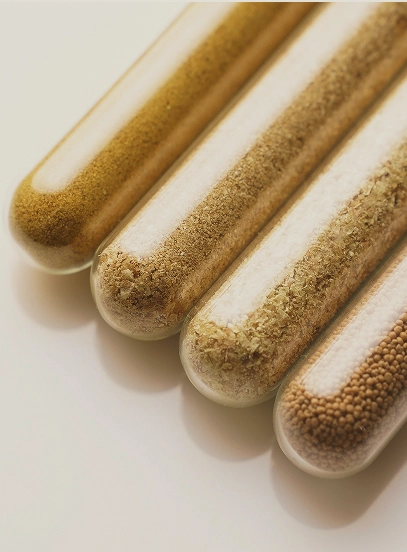Corn Fiber
Description:
- This is a mixture of seed hulls and residual endosperm obtained after separating the germ and extracting gluten and starch milk. It consists mainly of insoluble dietary fibers (cellulose, hemicellulose, and lignin) and contains a small amount of proteins and fats. It is used as a component of animal feed, particularly as a high-fiber supplement that provides energy, supports animal health, and improves livestock digestion.
Storage conditions:
Store in dry, clean, pest-free, well-ventilated enclosed storage facilities at a temperature from -5 °C to +25 °C and relative humidity not exceeding 70%.

Shelf life:
12 months from the date of production
Packaging:
- Big bag 1,000 kg

Cattle, Sheep, Goats
Supports mechanical stimulation of digestion and normal rumen function, helping to maintain optimal microflora of the digestive tract.
Swine
Regulates digestion and reduces the energy density of feed.
Poultry
Stimulates stomach function and improves litter quality.
Specifications:
- Crude fiber content (cellulose, hemicellulose, lignin) in terms of dry matter, not less than 15%
- Crude protein content 12–18%
- Fat content 3–9%
- Rich in phosphorus, trace elements, and phenolic compounds
- Appearance – flakes or free-flowing powder
- Odor – characteristic of corn fiber; free from foreign odors, mustiness, or mold
- Color – from light yellow to brown
Functions:
- Improved digestion process – promotes stimulation of intestinal function, ensures mechanical stimulation of intestinal peristalsis, preventing constipation
- Energy source – an energy material for ruminants, stimulates the intensity of digestive juice secretion and their activity
- Prebiotic effect – promotes the growth of bifidobacteria and lactobacilli
- Weight regulation – fiber increases the feeling of satiety
- Cholesterol reduction – fiber binds bile acids, helping to eliminate cholesterol from the body
Usage advantages:
- Improves animal health – ensures effective functioning of the digestive system and promotes better absorption of nutrients
- Cost efficiency – corn fiber reduces feed cost compared to other fibers or energy sources
- Cheaper substitute – for other fiber sources such as soybean by-products
- Eco-friendliness – biodegradable raw material that helps reduce corn processing waste and is used for the production of eco-friendly materials, including bio-paper
